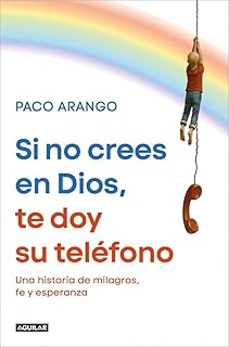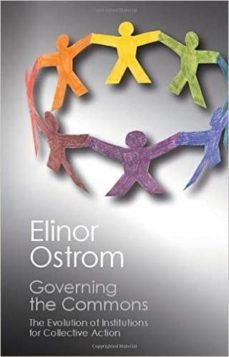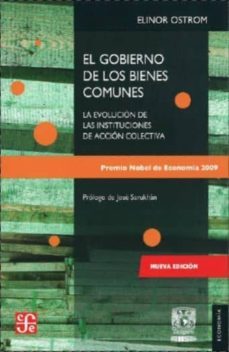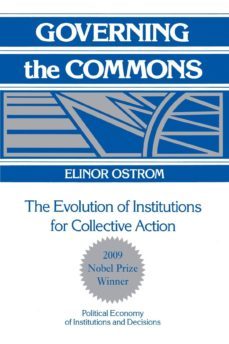Imprescindibles
Ficción
No Ficción
Ciencias y tecnología Biología Ciencias Ciencias naturales Divulgación científica Informática Ingeniería Matemáticas Medicina Salud y dietas Filología Biblioteconomía Estudios filológicos Estudios lingüísticos Estudios literarios Historia y crítica de la Literatura
Humanidades Autoayuda y espiritualidad Ciencias humanas Derecho Economía y Empresa Psicología y Pedagogía Filosofía Sociología Historia Arqueología Biografías Historia de España Historia Universal Historia por países
Infantil
Juvenil
#Jóvenes lectores Narrativa juvenil Clásicos adaptados Libros Wattpad Libros Booktok Libros de influencers Libros de Youtubers Libros Spicy Juveniles Libros LGTBIQ+ Temas sociales Libros ciencia ficción Libros de acción y aventura Cómic y manga juvenil Cómic juvenil Manga Shonen Manga Shojo Autores destacados Jennifer L. Armentrout Eloy Moreno Nerea Llanes Hannah Nicole Maehrer
Libros de fantasía Cozy Fantasy Dark academia Hadas y Fae Romantasy Royal Fantasy Urban Fantasy Vampiros y hombres lobo Otros Misterio y terror Cozy mistery Policiaca Spooky Terror Thriller y suspense Otros
Libros románticos y de amor Dark Romance Clean Romance Cowboy Romance Mafia y amor Romance dramatico Romcom libros Sport Romance Otros Clichés Enemies to Lovers Friends to Lovers Hermanastros Slow Burn Fake Dating Triángulo amoroso
Cómic y manga
Novela gráfica Novela gráfica americana Novela gráfica europea Novela gráfica de otros países Personajes, series y sagas Series y sagas Star Wars Superhéroes Cómics DC Cómics Marvel Cómics otros superhéroes Cómics Valiant
eBooks
Literatura Contemporánea Narrativa fantástica Novela de ciencia ficción Novela de terror Novela histórica Novela negra Novela romántica y erótica Juvenil Más de 13 años Más de 15 años Infantil eBooks infantiles
Humanidades Autoayuda y espiritualidad Ciencias humanas Economía y Empresa Psicología y Pedagogía Filosofía Historia Historia de España Historia Universal Arte Cine Música Historia del arte
Ciencia y tecnología Ciencias naturales Divulgación científica Medicina Salud y dietas Filología Estudios lingüísticos Estudios literarios Historia y crítica de la Literatura Estilo de vida Cocina Guías de viaje Ocio y deportes
Elinor Ostrom
Recibe novedades de ELINOR OSTROM directamente en tu email
Filtros
Del 1 al 4 de 4
Traficantes de Sueños 9788494460036
Este libro reflexiona sobre la premisa de que el conocimiento es en la actualidad uno de los principales flujos de producción de valor, innovación social e imaginación política y que su circulación es por primera vez en la historia potencialmente universal, gracias a las posibilidades ofrecidas por las nuevas tecnologias. A partir de esta constatacion, diversos autores y autoras analizan en un conjunto de magnificas contribuciones los problemas y las posibilidades que rodean al conocimiento entendido como un nuevo bien comun en la era digital, que, sin embargo, opera en una economia guiada por el beneficio y la apropiacion privada de las externalidades sociales generadas colectivamente. Si el conocimiento es un flujo por definicion producido colectivamente y si la produccion de valor e innovacion social han dejado de responder a la logica de la acumulacion de capital por los propietarios de los medios de produccion social, entonces el estatuto del conocimiento, de su circulacion y de su apropiacion colectiva debe ser reconsiderado y su uso social dotado de otro marco legal, economico e institucional organizado mediante un criterio de libre acceso y circulacion irrestricta. Frente a este contexto, el libro analiza tanto las fuertes tendencias al cercamiento privado de estos nu
Ver más
Bolsillo
CAMBRIDGE UNIVERSITY PRESS 9781107569782
The governance of natural resources used by many individuals in common is an issue of increasing concern to policy analysts. Both state control and privatization of resources have been advocated, but neither the state nor the market have been uniformly successful in solving common pool resource problems. After critiquing the foundations of policy analysis as applied to natural resources, Elinor Ostrom here provides a unique body of empirical data to explore conditions under which common pool resource problems have been satisfactorily or unsatisfactorily solved. Dr Ostrom uses institutional analysis to explore different ways - both successful and unsuccessful - of governing the commons. In contrast to the proposition of the 'tragedy of the commons' argument, common pool problems sometimes are solved by voluntary organizations rather than by a coercive state. Among the cases considered are communal tenure in meadows and forests, irrigation communities and other water rights
Ver más
Tapa blanda
FONDO DE CULTURA ECONOMICA (MEXICO) 9786071606174
Este libro presenta las principales ideas por las que Elinor Ostrom recibió en 2009 el Premio Nobel de Economía. Contra la idea muy extendida de que la propiedad de recursos de uso común -entre los que se encuentran los bienes de propiedad colectiva- conduce a la sobreexplotación o al desaprovechamiento de los recursos naturales -lo que obligaría a su privatización o a que el Estado los administre-, Ostrom muestra cómo en distintos casos usuarios y propietarios de esos bienes han sabido crear instituciones que permiten el aprovechamiento sustentable, evitando así la "tragedia de los bienes comunes".
Ver más
Tapa blanda
CAMBRIDGE UNIVERSITY PRESS 9780521405997
Congratulations to Elinor Ostrom, Co-Winner of The Sveriges Riksbank Prize in Economic Sciences in Memory of Alfred Nobel 2009!The governance of natural resources used by many individuals in common is an issue of increasing concern to policy analysts. Both state control and privatization of resources have been advocated, but neither the state nor the market have been uniformly successful in solving common pool resource problems. After critiquing the foundations of policy analysis as applied to natural resources, Elinor Ostrom here provides a unique body of empirical data to explore conditions under which common pool resource problems have been satisfactorily or unsatisfactorily solved.Dr. Ostrom first describes three models most frequently used as the foundation for recommending state or market solutions. She then outlines theoretical and empirical alternatives to these models in order to illustrate the diversity of possible solutions. In the following chapters she uses institutional analysis to examine different ways--both successful and unsuccessful--of governing the commons. In contrast to the proposition of the tragedy of the commons argument, common pool problems sometimes are solved by voluntary organizations rather than by a coercive state. Among the cases considered are communal tenure in meadows and forests, irrigation communities and other water rights, and fisheries.
Ver más
Tapa blanda
Del 1 al 4 de 4


























